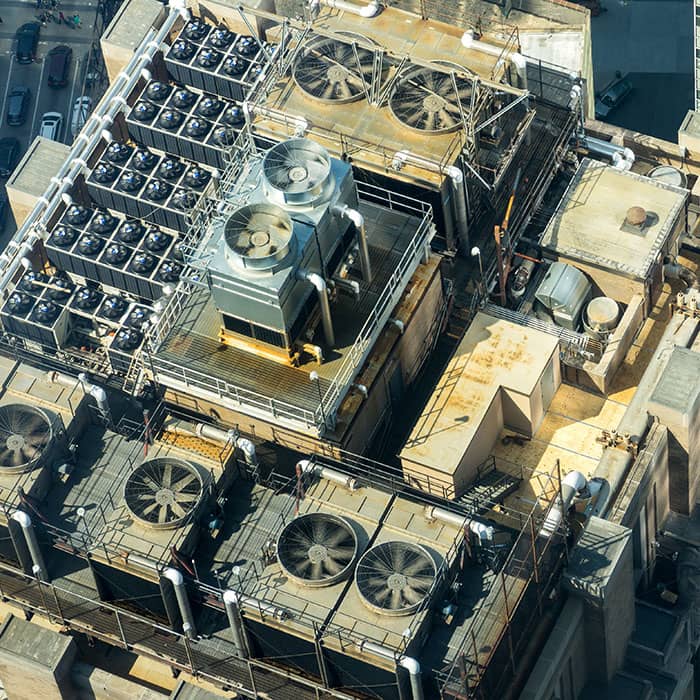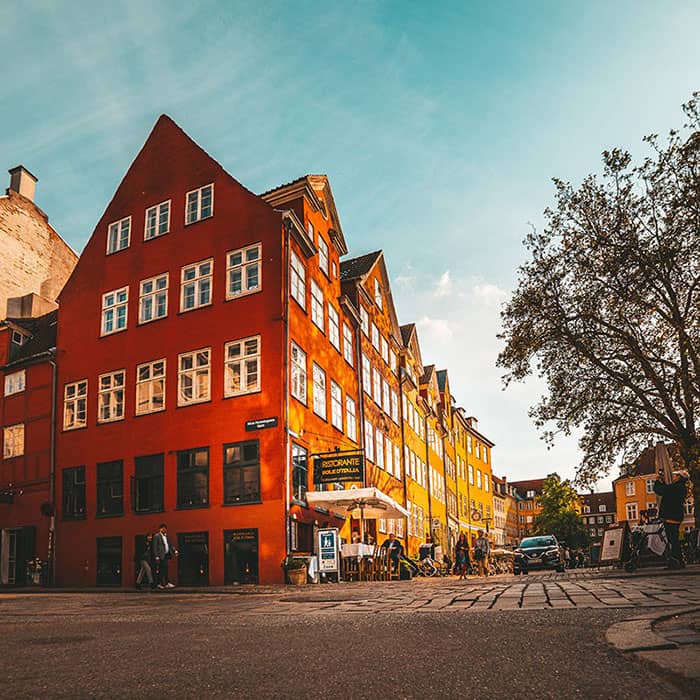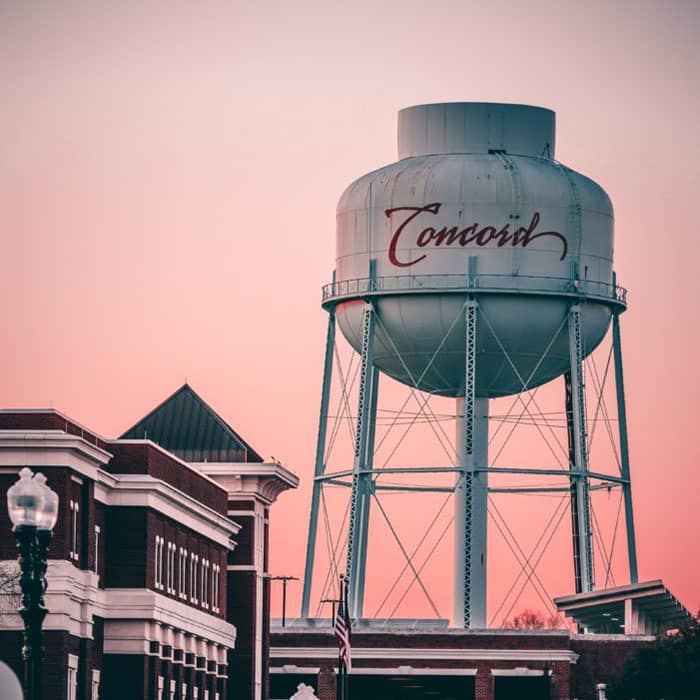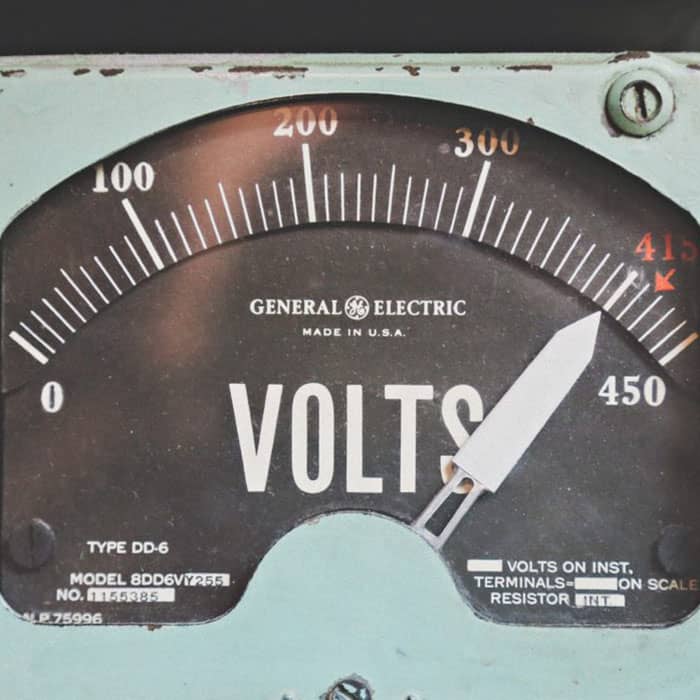
We are an engineering firm based in Jacksonville, Florida. We offer complete mechanical design and engineering consulting services. From start to finish, we offer quality and innovative design approach. Our designs are closely integrated with other engineering disciplines to offer you a truly coordinated design.
As a building owner, architect, or builder, you have to ask what Heating, ventilation, and Air Conditioning (HVAC) system is right for your project? Today’s modern HVAC components require a savvy MEP engineer to design a system that is not only simple and integrated but also one that is cost-effective and a right fit for your project. We offer a professional and licensed mechanical design engineer to design your HVAC and process cooling system(s).
HVAC systems are a critical aspect of mechanical engineering, as they play a vital role in ensuring the comfort and safety of building occupants. The HVAC system is responsible for controlling the temperature, humidity, and air quality within a building, and it is essential for maintaining a comfortable and healthy indoor environment.
The primary function of an HVAC system is to maintain a comfortable temperature within a building. This is achieved through the use of Heating and cooling equipment, such as boilers, furnaces, and air conditioners. These systems work by either Heating or cooling the air within a building, depending on the season and the desired temperature.
HVAC systems also play an important role in controlling humidity levels within a building. Humidity can have a significant impact on the comfort and health of building occupants, and it is essential to maintain a healthy level of humidity to prevent issues such as dry skin, allergies, and respiratory problems.
In addition to temperature and humidity control, HVAC systems also play a vital role in maintaining the air quality within a building. This includes removing pollutants and other harmful particles from the air, such as dust, pollen, and mold spores. To achieve this, HVAC systems use a variety of air filters, such as HEPA filters, which are designed to remove these particles from the air.
HVAC systems can be classified into two main categories: central systems and local systems. Central HVAC systems are designed to serve the entire building, while local HVAC systems are designed to serve a specific area or room within a building. Central HVAC systems are typically more expensive to install and maintain, but they offer greater efficiency and can be easier to control.
The selection of HVAC systems for a building depends on several factors, such as the size of the building, the number of occupants, the climate, and the budget. It’s essential to consult with a mechanical engineer with experience in HVAC systems to ensure that the system selected is appropriate for the building and its intended use.
Our mechanical project experience includes:
- Industrial plants and buildings
- Commercial building
- Office buildings
- Retail spaces
- Aircraft hangars
- Restaurants
- Hotels and condominiums
- Churches and Temples
- Energy generation plants
- Schools, colleges and libraries
- Recreation complexes such as gymnasiums.
- Data centers
Here is a list of our services:
- Conceptual design centrifugal chiller
- HVAC system modeling
- Sight inspections
- HVAC load analysis
- HVAC drawing review
- Split system design
- Chilled water design
- Central energy plant design
- BIM modeling
- Heating hot water design
- Obsolescence management of HVAC systems.
- Exhaust systems design
- Steam generation and distribution
- Ventilation system distribution
- Building automation
- Controls
- Code analysis and compliance





 Jacksonville Florida based and offering a variety of electrical design service. Our goal is to deliver you seamless engineering services by offering a coordinated set of drawings, including electrical design as well as electrical observation and recommendations reports.
Jacksonville Florida based and offering a variety of electrical design service. Our goal is to deliver you seamless engineering services by offering a coordinated set of drawings, including electrical design as well as electrical observation and recommendations reports.